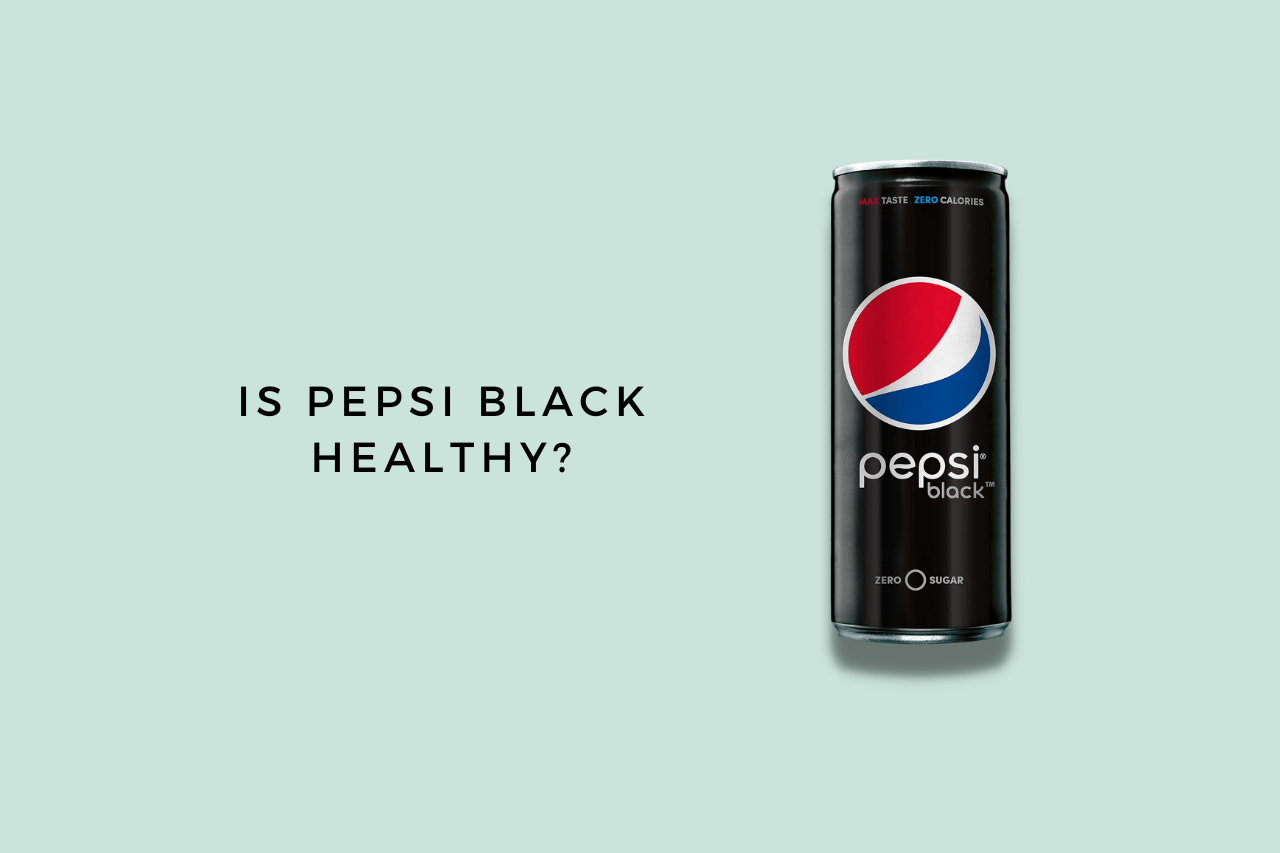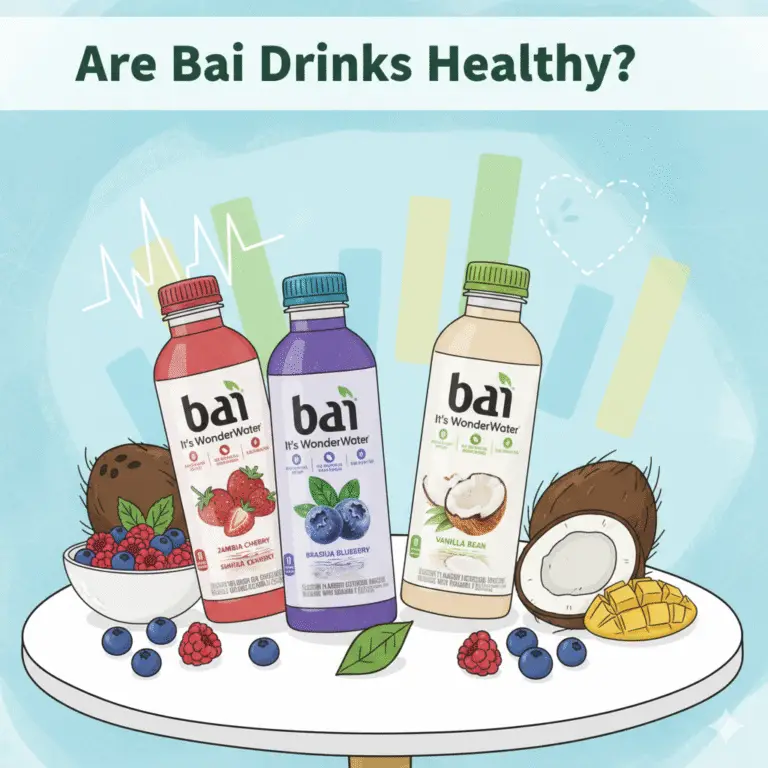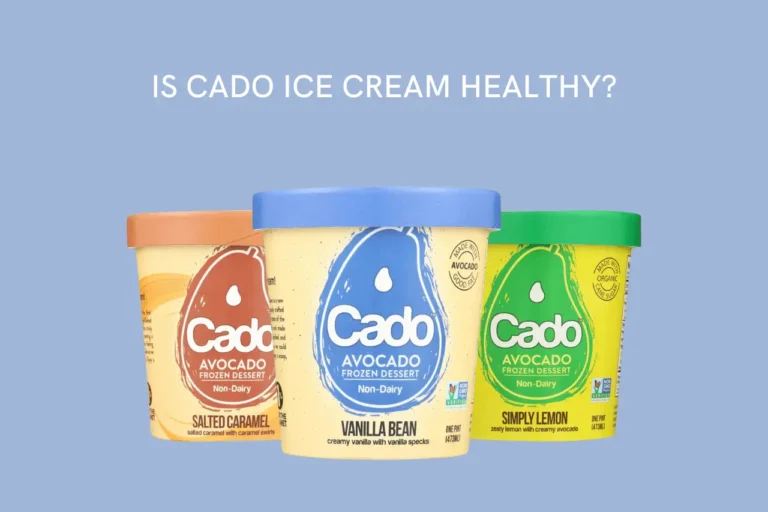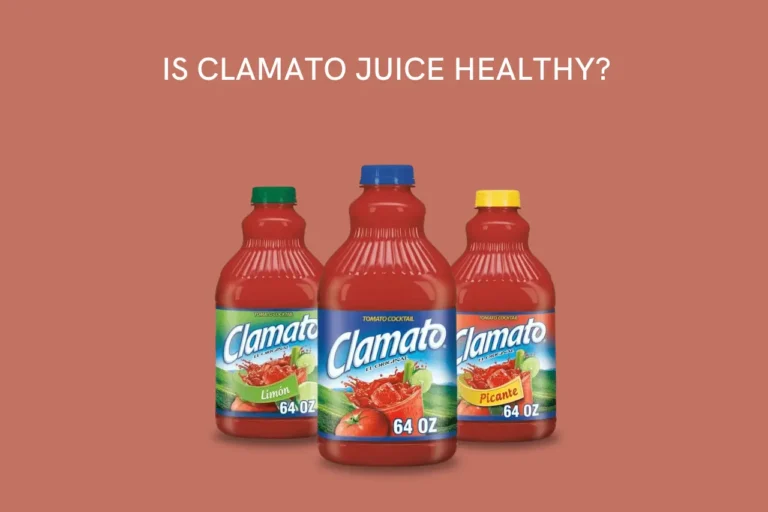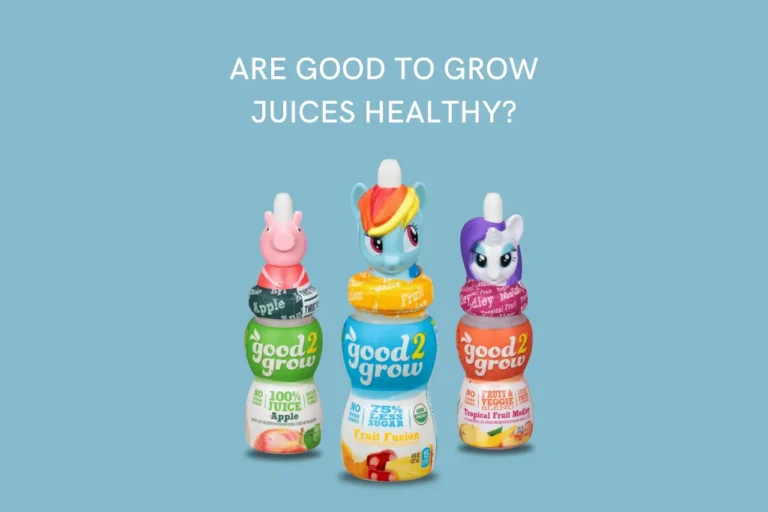Pepsi Black is a new kind of soda that made its debut in India in 2017. It is manufactured by PepsiCo and is often marketed as a healthier alternative to regular Pepsi.
It is based on the recipe of Pepsi’s original “Pepsi Cola” drink but with a higher caffeine content and zero sugar.
However, many people have asked about Pepsi Black’s healthiness since its launch.
So, is Pepsi Black healthy? Read on to find out.
Also read: Is Limca Good For Health? Let’s Find Out!
Nutritional value of Pepsi black
A 100ml serving of Pepsi black has
- Calories: 0
- Carbs: 0
- Sugar: 0
- Fat: 0
- Protein: 0
- Sodium: 13mg
Pepsi black and artificial sweeteners
The main reason behind the zero calories of Pepsi black is the use of non-caloric artificial sweeteners.
These artificial sweeteners are sucralose(955) and acesulfame potassium (950).
Sucralose is a non-nutritive sweetener often used as a sugar substitute because it is much sweeter than sugar but has negligible calories.
And while it has been deemed safe by many authorities, some studies claim specific side effects to consuming it.
Research in rats found that sucralose negatively affects gut health, which can lead to increased inflammation.
Another study found that people who choose sucralose to manage their blood sugar levels can still be affected.
However, most of the studies are done on animal models, but the use of sucralose(especially in the long term) is not clear.
On the other hand, acesulfame potassium has also been deemed safe but has some health concerns.
One study found that acesulfame potassium can affect the gut health and metabolism of the body.
Pepsi black and sodium benzoate
Pepsi black uses sodium benzoate, a preservative used to prolong the product’s shelf life.
While it is deemed safe and is also one of the first preservatives to be approved by the FDA, some studies have found health concerns with it.
A study found that sodium benzoate consumption is linked to increased inflammation in the body, leading to several chronic diseases.
Another study on college students found that Beverage containing sodium benzoate is associated with an increased risk of ADHD(neurodevelopmental disorders of childhood) symptoms.
However, these side effects are especially prevalent when someone consumes large doses of sodium benzoate. But as most of the food products out there use this preservative, it is not possible to control the dosage, which is a considerable risk.
Pepsi black and phosphoric acid
Pepsi black uses phosphoric acid, an acidity regulator, to control the PH level of the drink.
However, it has been linked to many side effects, such as kidney stones, throat and nose irritation, and tooth damage.
Also, as per studies, high consumption of soft drinks containing phosphoric acid cause the imbalance of the calcium and phosphorus ratio and the acid-base in the body, resulting in decreased bone density and the possibility of fractures in the long run.
That means the more you drink Pepsi black, the more your bones will get weak.
Is Pepsi black good for weight loss?
Zero sugar, zero carb, zero fat, and zero calories sound like the perfect weight loss solution, doesn’t it?
Replacing your regular Pepsi with Pepsi black can indeed be good for your weight loss diet.
However, more solid long-term studies are needed on sweeteners’ effect on body weight.
Final words: Is Pepsi black healthy?
With its zero sugar and calorie content, Pepsi black is better than regular Pepsi and any other soft drinks containing sugar.
However, there is still some health concern with Pepsi black such as the use of artificial sweeteners, sodium benzoate, and phosphoric acid, which can be detrimental to your health in many ways.
However, you can minimize the risk and side effects by occasionally consuming Pepsi black in moderation.
Found this information helpful? Share it.
Here are a few other posts that might be helpful for you.
